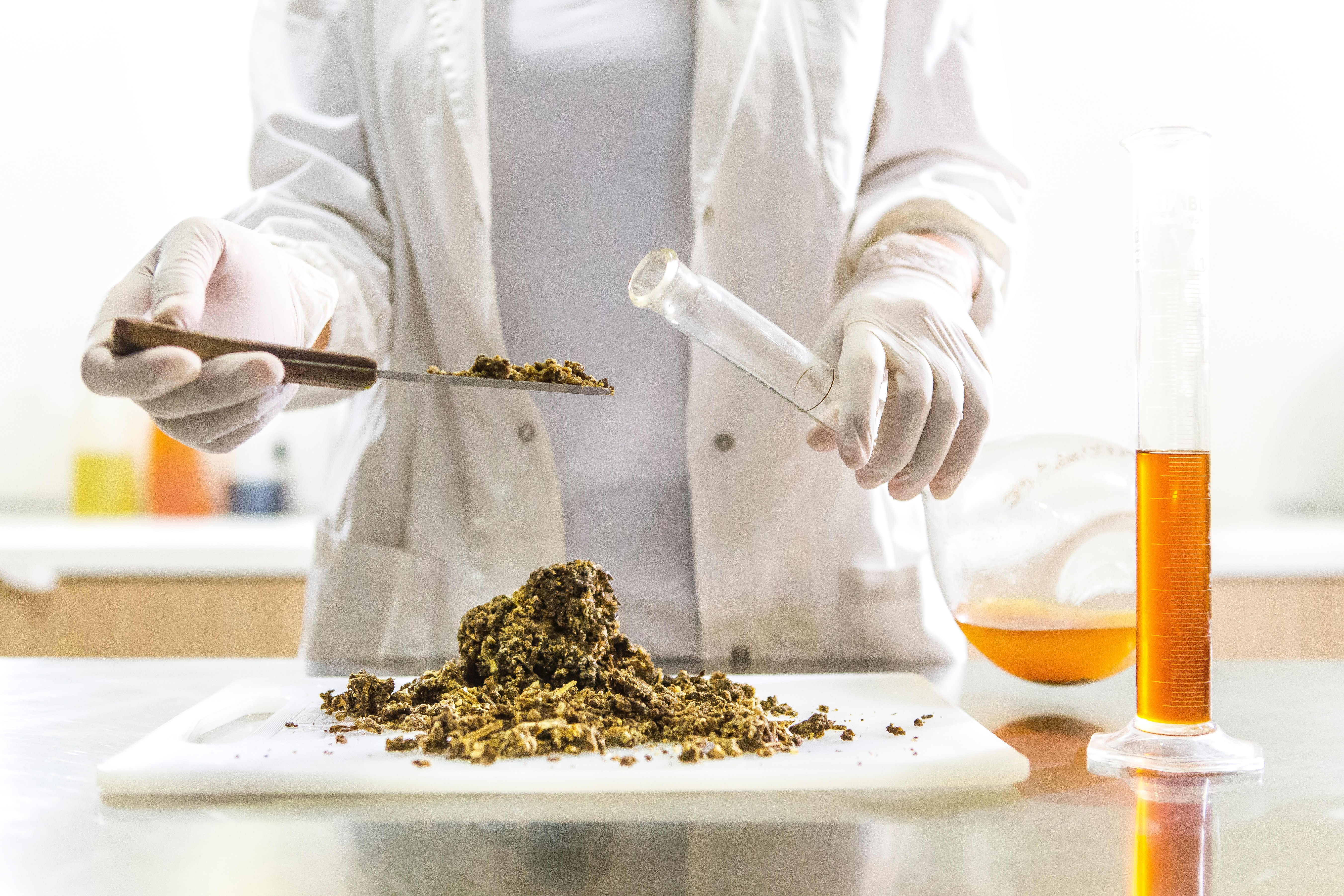
We all know that CBD oil holds pretty powerful therapeutic properties. And the more scientists continue to research this amazing cannabinoid, the more we understand just how beneficial CBD can be for our overall health.
But there seems to be a lot of concern when it comes to drug testing.
The real question on regular CBD consumers’ minds and the minds of people new to the CBD industry is…
Will CBD oil show up on a drug test?
In truth, CBD shouldn’t and normally doesn’t show up on a drug test. In fact, drug testers aren’t necessarily looking for this non-psychoactive cannabinoid.
However, they are looking for other intoxicating substances.
These substances include the following:
-
Marijuana (THC –– the cannabinoid responsible for getting its users high)
-
Heroin
-
Codeine
-
Oxycodone
-
Morphine
-
Hydrocodone
-
Fentanyl and other opioids
-
Methamphetamine and other amphetamines
-
Cocaine
-
Steroids
-
Phenobarbital
-
Secobarbital and other barbiturates
-
Phencyclidine (PCP)
Now you might be thinking: Ok, why should I be concerned with failing a drug test while I’m taking CBD?
Here’s the issue...
While we know CBD is non-intoxicating, meaning it doesn’t get its users high, certain CBD products do contain trace amounts of Delta-9-tetrahydrocannabinol (THC).
And because of this, some consumers are unable to purchase and partake of these certain CBD products.
Let us explain….
What is a drug test?
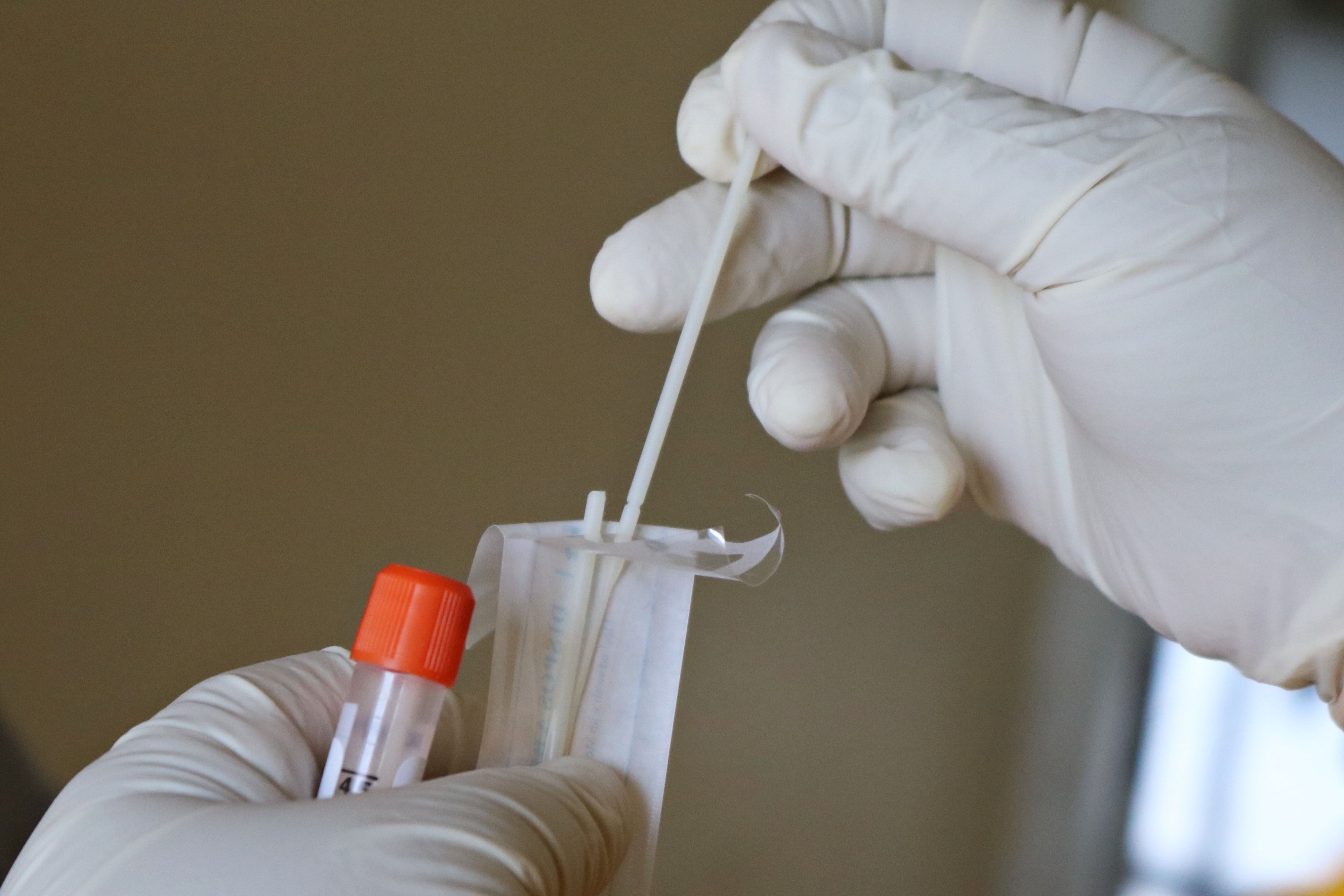
Simply put, a drug test is looking to see if a person has one or more illegal or prescription drugs, like opiods, etc., in their blood, saliva, urine, hair, or even sweat.
However, urine testing is by far the most common choice of testing for drugs. Now, there are many names for drug testing.
These names include:
-
Drug screen
-
Substance abuse testing
-
Toxicology screen
-
Tox screen
-
Sports doping tests
-
Drugs of abuse testing
Who gets drug tested?
There are many people who are required to do a drug test. But the most common are those who participate in professional sports, certain fields of employment, and those involved in police investigations or court orders.
For example:
-
Drug testing employees –– Your employer can choose to test you before or after they hire you to ensure that you’re not a drug addict or drug abuser.
-
Sports organization drug tests –– Professional athletes are usually always tested for performance enhancing drugs and supplements. This ensures that both professional and collegiate athletes are winning based on pure ability, rather than steroids or other doping drugs.
-
Legal and forensic drug tests –– Both criminal and motor vehicle accidents will usually involve further investigations that require drug testing. This may be issued by a court order or case.
-
Drug testing to monitor the use of opioids –– prescription pain medications, or opioids have become an epidemic in the United States. Many people in chronic pain suffer from opioid addiction. However, health care providers and doctors typically issue an order to drug test addicts to ensure they are not overdoing their medications.
And believe it or not, drug tests can be issued if employers, sports orgications, or health care professionals notice the following symptoms:
-
Dilated pupils (or small pupils)
-
Slurred speech (or slow talking)
-
Panic
-
Delirium
-
Breathing problems
-
Nausea
-
Agitation
-
Heart rhythm changes
-
Blood pressure changes
And as we mentioned above, testers are only looking for certain drugs.
So what does this mean for those who consume CBD?
Well, as we mentioned earlier in this article, certain CBD products actually contain the very substance or cannabinoid drug testers are looking for—THC.
But why?
The main reason is that CBD is derived from hemp and, believe it or not, hemp is a part of the cannabis plant.
Let us break it down for you a little more…
What’s the difference between CBD and THC?
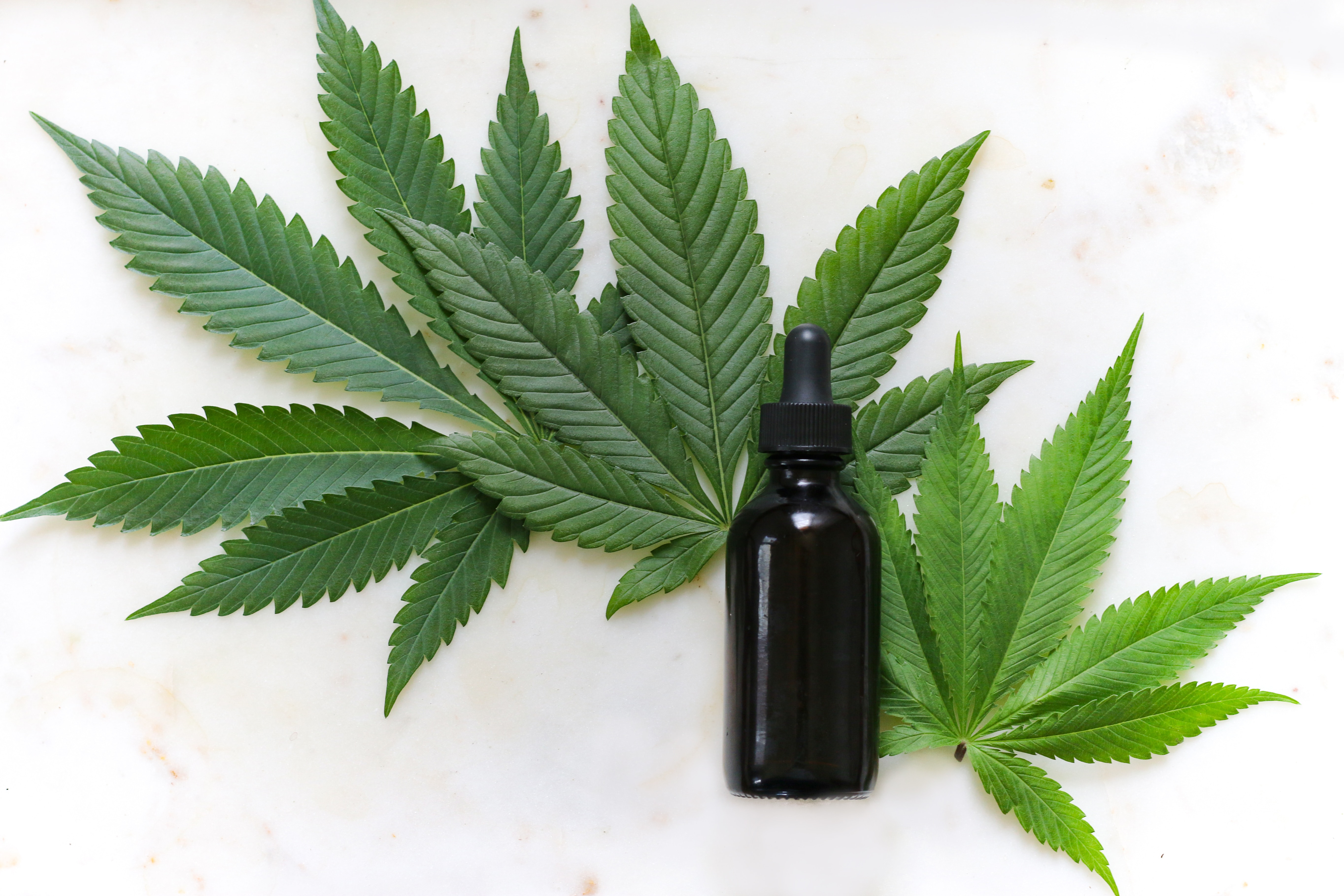
Did you know that cannabis is actually a genus, or family, of different flowering plant species and/or “strains”?
This includes both hemp and marijuana. So while they both belong to the cannabis family, they’re two entirely different strains of plants.
The CBD that’s sold all throughout the country is primarily derived from hemp, which only contains tiny trace amounts of THC.
Marijuana, on the other hand, contains much higher levels of THC, and is only legal in certain parts of the country.
Of course, THC is infamously known for its psychoactive effects (it gets you “high”), while CBD is completely non-psychoactive. In fact, research shows that higher amounts of CBD can actually prevent the “high” of THC.
Pretty amazing, right?
Here’s where it gets even more interesting...
When CBD is combined with small amounts of THC (0.3%), its therapeutic effects are greatly increased. This is often referred to as the “Entourage Effect”. This just means both compounds are working together in the body.
And according to research, the entourage effect is usually only felt with full spectrum CBD products. So this means these products do contain trace amounts of THC.
And if you're new to the CBD industry, then you might be wondering: What are full spectrum CBD products, and are there other CBD products that aren’t full spectrum?
Broad-spectrum, full-spectrum, and CBD isolate products
-
CBD isolate is the purest form of CBD. It’s made by extracting CBD from the hemp plant and then removing all other ingredients from the final product. The result is 99% pure CBD.
-
Broad-spectrum CBD contains all compounds of the hemp plant like terpenes, flavonoids, and phytocannabinoids, minus any trace amounts of THC.
-
Full-spectrum CBD contains all compounds and nutrients of the hemp plant. This includes the naturally occurring trace amounts of THC.
As mentioned earlier, when CBD and small amounts of THC are combined, the entourage effect is achieved. This can be a problem for those who are required to take drug tests. After all, drug testers are looking for the presence of THC.
However, it’s been said that both full-spectrum and broad-spectrum CBD can produce the entourage effects, regardless if THC is present or not.
Still, this can be an issue.
You see, some studies show that even eating hemp seeds could potentially result in a failed drug test. So it’s best to err on the side of caution and stay away from these products, if you're required to do a drug test.
Note: If you’re exceptionally sensitive to THC and/or the other ingredients found in the hemp plant, then CBD isolate can offer tremendous benefits and relief.
So, the safest option is to be cautious and just stick to CBD isolate.
Or you can talk to your health care provider and see what they can do regarding your use with broad-spectrum or even full-spectrum CBD products.
However, the question still remains…
Will CBD make me fail a drug test?
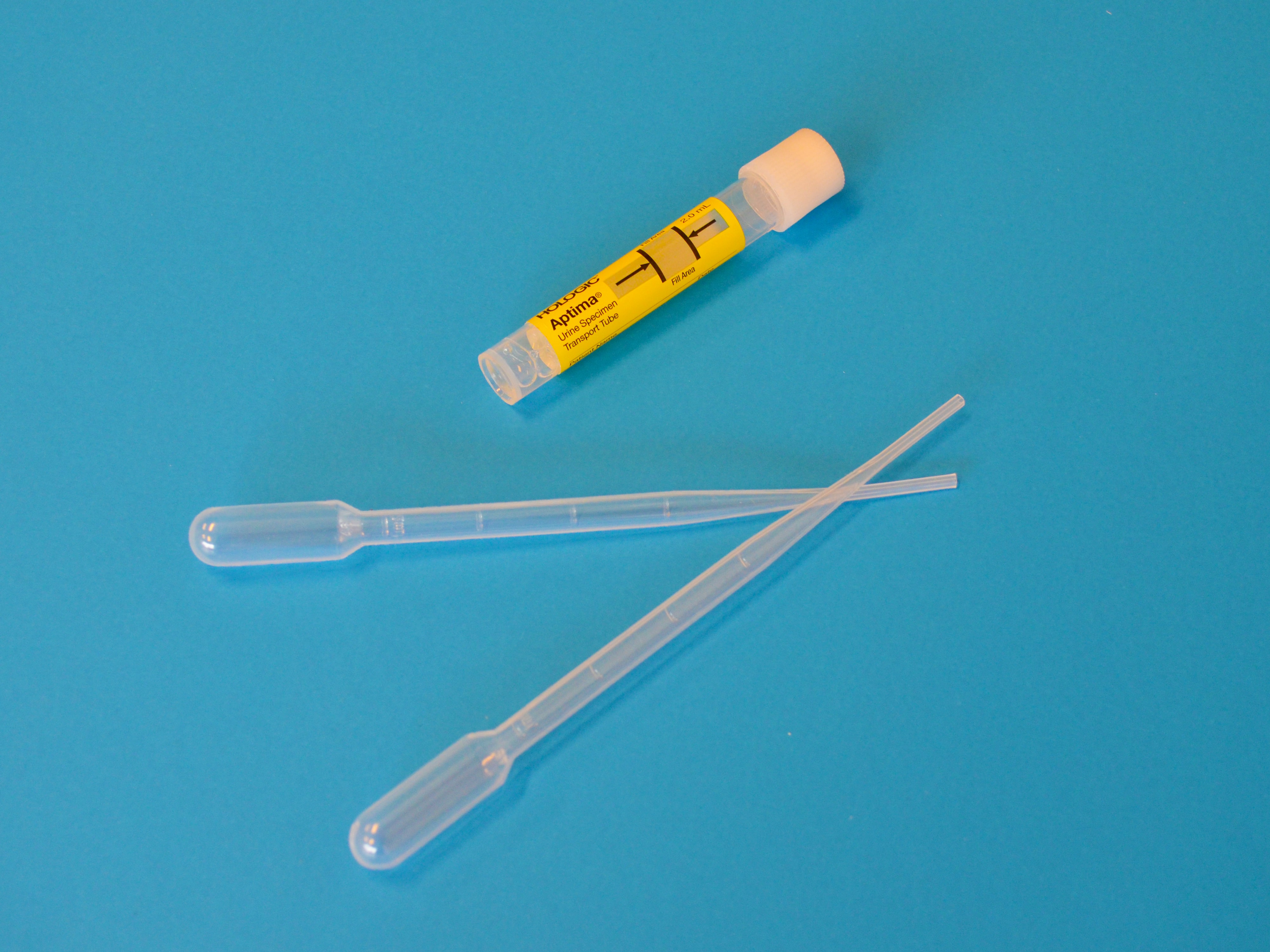
According to the U.S. Department of Transportation, any time a drug test is issued, its sole purpose is to look for substances like heroin, cocaine, and of course, THC, which is primarily found in the marijuana strain. But it does NOT look for CBD.
Still, repeated use of hemp-derived products that contain trace amounts of THC could accumulate in your body over time, which may result in a failed drug test. This is not likely, but possible.
According to Ryan Vandrey, Ph.D., associate professor of psychiatry and behavioral sciences at the Johns Hopkins University School of Medicine, "Because the market for CBD products is so new and the popularity of use is growing so quickly, we want the public to be aware that a positive drug test is possible…”
He also stated that, "I have a hard time finding anyone who hasn't used a CBD product at least once, but most are completely unaware of the possibility of THC exposure or a positive drug test as a result of using these newly legalized products…”
And according to Tory Spindle, Ph.D., a researcher in the Behavioral Pharmacology Research Unit at the Johns Hopkins Bayview Medical Center, it “does not take much THC exposure to trigger a positive test for some people."
But how does CBD actually cause a failed drug test?
Barry Sample, senior director of science and technology at Quest Diagnostics, the largest administrator of drug tests in the U.S. said it best: “There isn’t going to be a laboratory analytical false positive confusing CBD with a THC metabolite.”
The real issue is that some CBD products are mislabeled and actually contain more THC than advertised. These poorly formulated CBD products are usually created by unreputable CBD companies that don’t have their product thoroughly tested by a third party.
In fact, these companies are only looking to turn a profit. They often sell their CBD products insanely cheap or at an outrageously expensive price.
It’s best to always seek out reputable CBD companies when it comes to purchasing CBD products.
Now, another reason CBD can cause a failed drug is that over time, those trace amounts of THC found in high-quality CBD products can build up in your body which can reach detectable levels for drug testers, thus causing the possibility of testing positive for THC.
So those who require drug screenings may want to think twice about consuming full and broad spectrum products.
Now you might be wondering: If CBD contains trace amounts of THC, is it even legal?
Is CBD legal?
Yes, as long as the CBD is derived from hemp.
Since the passing of the 2018 Farm Bill, hemp has been effectively legalized at the federal level. Thus removing it from the federal list of controlled substances and classifying it as an agricultural commodity.
This is because CBD is derived from hemp and contains no more than 0.3% THC. Marijuana-derived CBD remains illegal as it contains well over 0.3% THC.
However, some states across America have their own laws regarding hemp-derived CBD. It’s always wise to check with your local state laws before consuming hemp-derived CBD products in public.
Now, we know this information is a bit confusing. After all, since hemp-derived CBD is federally legal, how could it cause you to possibly fail a drug test?
That’s the conundrum.
But here’s some good news…
Will CBD oil come up on a drug test?
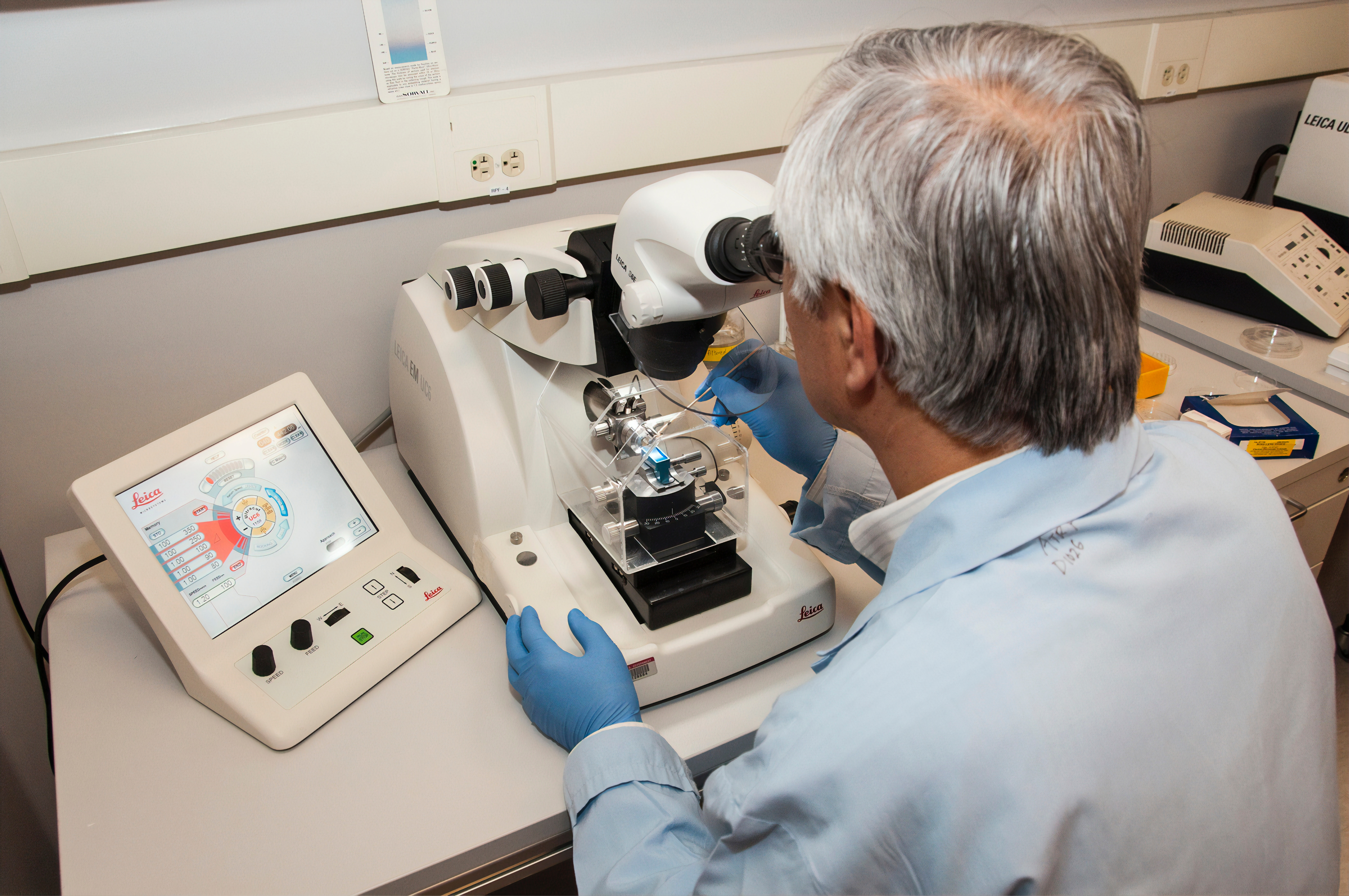
LapCorp, a leading provider of urine drug testing services, made the following statement regarding the CBD/THC ratio detected in urine:
“The CBD/THC ratio is calculated using the sums of the respective metabolites. The ratio assists in differentiating the presence of THC metabolites due to either: the use of marijuana (medicinal or clandestine), or the use of CBD or hemp products containing unknown but presumably small amounts of THC. If the concentration of CBD metabolites greatly exceeds that of THC metabolites, the calculated metabolic ratio of a sample would indicate that the donor’s sample appears consistent with the use of CBD products.”
So what does this mean?
If your metabolites are consistent with the use of CBD products only, then this is something you can take to your employer, school administrator, sports organization, or health care provider, to confirm that marijuana use is not to blame.
This could open the door for employers or organizations to look at full spectrum CBD products in a more accepting way.
But if that doesn’t work, you may want to look into getting protection through the Americans with Disabilities Act –– which “prohibits discrimination against people with disabilities in several areas, including employment, transportation, public accommodations, communications and access to state and local government’ programs and services.”
If you're unable to receive that kind of protection, you can always ask for a retest.
However, the best way to ensure you don’t fail a drug test is to simply steer clear from CBD products that contain THC or other cannabinoids that could trigger a positive test for marijuana.
If you think you might undergo drug testing, it’s best to stick to CBD isolate hemp-derived CBD products.
Just be sure that you only purchase high-quality CBD products that are formulated by reputable hemp companies.
Look for products that are strictly hemp-derived, organically formulated, and tested by an accredited, independent third party facility. This will ensure your CBD products are safe to consume and are accurately labeled.


